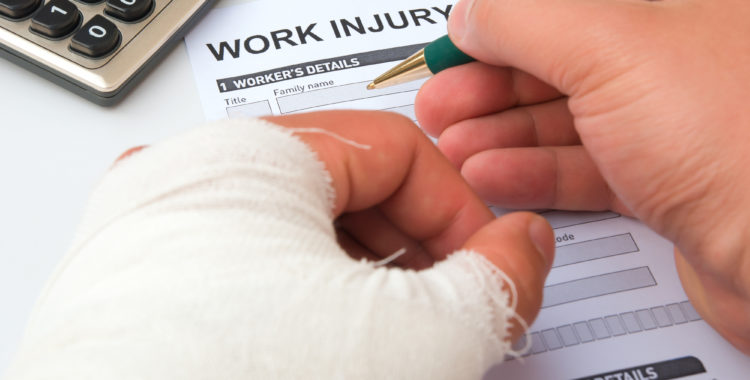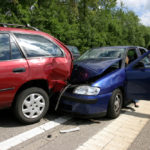California Car Accidents: Comparative Fault
Car Accident Lawyer
If you have shied away from seeking legal guidance in the wake of a car accident because you were partially to blame for the crash, it’s time to pick up the phone. In California, injury victims enjoy some of the broadest legal protections available nationwide. As a result, you may be entitled to significant compensation even though the circumstances that led to your injuries were partially your fault.
The Pure Comparative Negligence Model
As an experienced car accident lawyer – including those who practice at The Cohen Injury Law Group, P.C. – can explain in greater detail as it applies to your case, California honors a legal theory known as pure comparative negligence. This legal theory is used to determine whether injury victims are empowered to sue others who are partially responsible for their injurious circumstances.
Generally speaking, car accident victims can file a personal injury lawsuit for damages if another motorist, a manufacturer of defective auto parts, or another party engaged in reckless, negligent, or intentionally dangerous conduct that directly contributed to the cause(s) of their harm. However, some states place limits on whether injury victims who are in this position can pursue compensation if they are also partially to blame for what happened to them.
A tiny minority of states essentially bars victims from seeking compensation if they themselves are partially to blame for their injuries. Most states only allow victims to sue if they are less than 50% to blame for their own harm. Pure comparative negligence states – including California – do not place such limitations on injury victims. This means that if others can be held legally liable for your harm and you’re filing a lawsuit in California, you can sue them for the percentage of your case’s value proportional to the harm that they (versus you) caused. This is a complex issue but an attorney can explain how it will apply to your case uniquely.
A Note About Work-Related Accidents
If you were engaged in work-related activity at the time of your crash, you may be entitled to compensation even if no one else was at fault for the accident but you. If you’re not rightfully classified as an independent contractor, you’re almost certainly covered by workers’ compensation insurance through your employer. Workers’ compensation works differently than the personal injury claims process because workers’ compensation isn’t a fault-based system. With very few exceptions, a workers’ compensation insurance claims adjuster doesn’t care whether workers caused their own accidents. All these professionals care about is whether an injured worker who is filing a claim is eligible for benefits and whether they were engaged in work-related activity at the time they sustained harm.
The concept of “work-related” is broad. If you drive for a living and were on the clock at the time of your crash, that’s a work-related crash. But so are accidents that occur whenever an eligible employee is engaged in conduct related to their duties. For example, traveling to a work-mandated event is a work-related circumstance. So is running an errand for one’s boss. If you’re unsure of whether you should be filing a workers’ compensation benefits claim in the wake of your wreck, speak with an attorney promptly. The benefits application process is very time-sensitive, so don’t delay in exploring your legal options.




